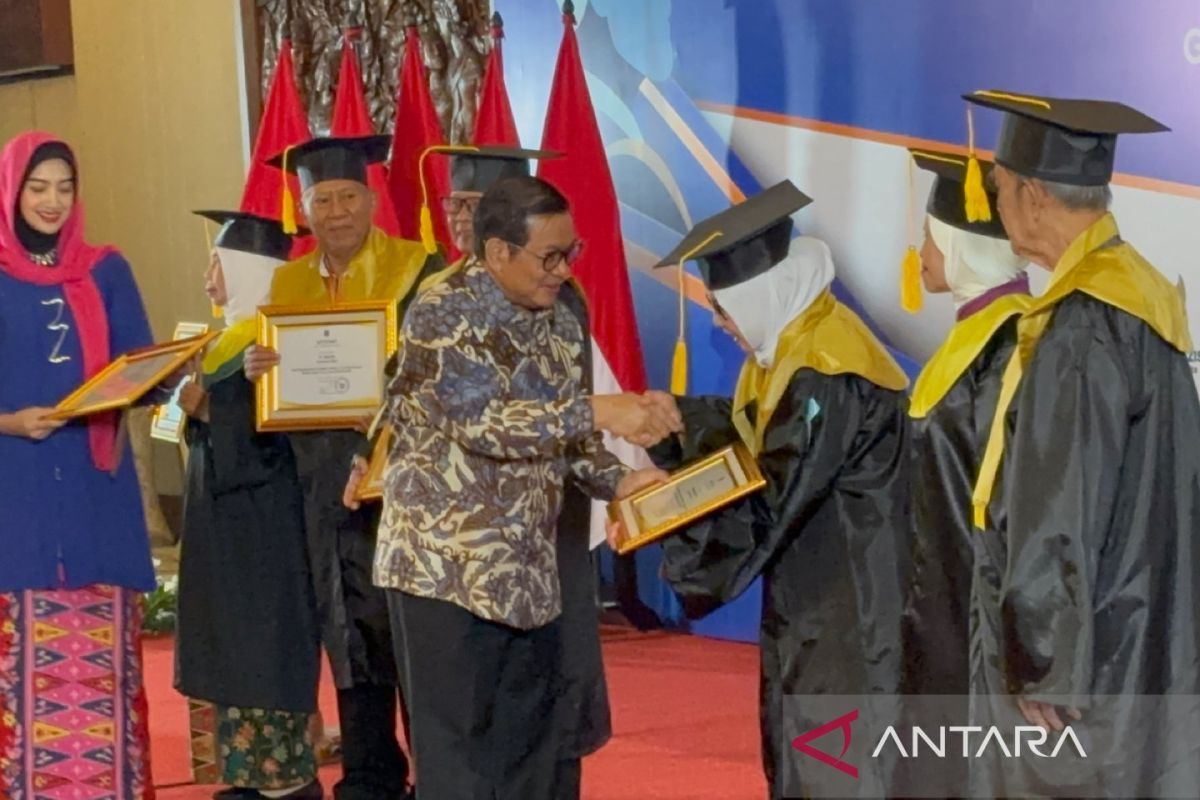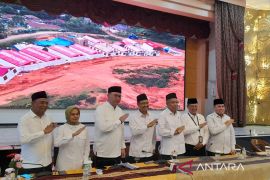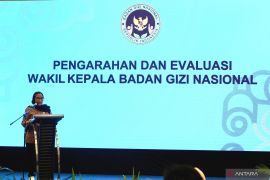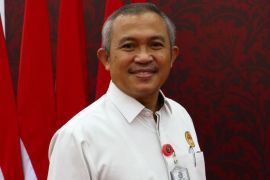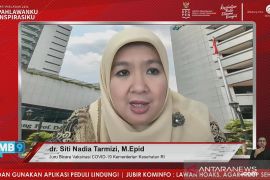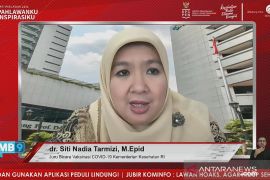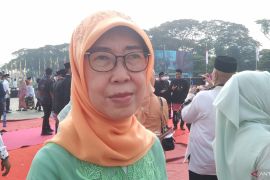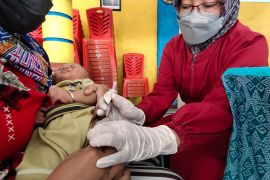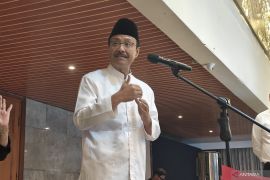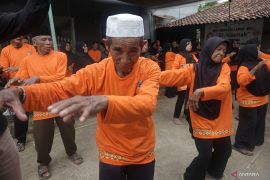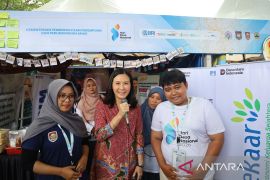To raise awareness for the welfare of older adults, the United Nations (UN) designated October 1st as the International Day of Older Persons.
This year, the UN commemorated the day with the theme of "Older Persons Driving Local and Global Action: Our Aspirations, Our Well-Being and Our Rights," which highlights the role of older adults in building resilient and equitable societies.
Indeed, an increase in life expectancy correlates with an increase in the older adult population; the higher the life expectancy, the larger the older adult population.
Statistics Indonesia (BPS) recorded that Indonesia's average life expectancy has increased from 72.13 years or around 72 years, 1 month, and 17 days to 72.39 years or around 72 years, 4 months, and 20 days.
If those categorized as older adults are aged 60 and above, the increase in the average life expectancy indicates the increasing size of the older adult population in the country.
The National Research and Innovation Agency (BRIN) has even predicted that Indonesia will experience a surge in the older adult population between 2035–2040, with the group expected to make up around 17 percent to 20 percent of the country's total population.
The agency predicted that by 2035, the number of older adults would be almost twice the number recorded in 2020. If the number of older adults stood at 26 million in 2020, the number could reach 52 million in the coming years.
While an increase in life expectancy constitutes a positive development, it also demands good management to mitigate potential issues.
This needs to be addressed with mapping as well as a management plan from the government, by involving the community, so that the growing number of older adults does not become a problem in the future.
Through several agencies and ministries, the Indonesian government has launched several programs that are aimed at empowering older adults.
The Ministry of Population and Family Development has launched the Empowered Older Adults (Sidaya) program as a solution to prepare older adults who are healthy, productive, and can avoid loneliness.
This program is initiated to ensure that older adults remain physically and mentally healthy by participating in fun activities that can increase their life expectancy and happiness index.
In this program, the government facilitates older adults to get educated, attend religious study groups, and participate in fun exercises.
Apart from helping older adults take care of their physical and mental health, the program also helps them maintain social wellness.
Collectively, these three aspects enable older adults to continue to participate in the family, the surrounding community, and even the state.
On the contrary, when an older adult faces health problems, the burden is not only borne by the individual alone, but it also has a communal impact, such as on the family.
Illness can halt an older adult's ability to stay economically productive, and it simultaneously requires energy and time from their family members who provide care.
To this end, preparing oneself before entering old age is vital and needs to be promoted from an early stage.
In general, older adults are vulnerable to loneliness. In addition to declining physical mobility, they also must cope with a shrinking social circle. Thus, to face this reality, support from their families becomes crucial.
In this regard, the families must also prepare themselves mentally and emotionally to assist older adults in continuing their lives.
Acceptance
While it is essential to prepare those around them, what is more important is mentally preparing older adults to live their lives with acceptance.
Those who are used to demanding everything to go their way can begin to learn to accept their current reality, which may not always align with their wishes.
In this case, psychologists and religious figures play a key role in educating soon-to-be older adults always to nurture acceptance in their hearts.
In the context of spirituality, religious figures can prepare them using the concept that life is essentially about total surrender to God's will.
While in their younger days people are encouraged to chase their ambitious goals, for those nearing old age, the influence of that demanding mindset must begin to be reduced and shift toward acceptance and peace.
From the psychologist's side, acceptance can be explained further scientifically, especially related to its impact on mental and physical health.
The guidance from these two sides is expected to be able to nurture the souls of older adults to remain in a state of peace and joy.
Soon-to-be older adults must also start to begin adjusting to the way their children live, especially those who already have their own families.
The instinct to control their children's lives must be left behind. Because, as adults, their children have their own aspirations, which might not always align with the parents' wishes.
Thus, everyone must learn how to live life to the fullest as an older adult and how to empower and accompany them in that.
Related news: Indonesia, Japan boost caregiver training for aging population
Related news: Caring for aging population with better policies, social awareness
Editor: Rahmad Nasution
Copyright © ANTARA 2025
